
Reviving Work Ethic
A Leader's Guide to Ending Entitlement and Restoring Pride in the Emerging Workforce
Read or listen offline
Recommendation
Oh, those tech-savvy, self-centered, entitled Millennials! The members of the newest workforce generation challenge managers with their unwillingness to make work their first priority. Eric Chester, an expert on this group – identified by the Pew Research Center as encompassing those born between 1981 and 2000 – goes through the reasons why Millennials in their 20s and 30s lack the strong work ethic of previous age sets. He offers an action plan to instill good work habits, behaviors and attitudes in members of the Millennial cohort, also called Generation Y. However, Chester doesn’t explore the flip side of the work ethic coin: Perhaps members of the emerging workforce are reluctant to make sacrifices for corporations that consider them expendable. He focuses on workplace remedies without analyzing the economic, social or political environment that college graduates face. Given his very practical approach, getAbstract recommends Chester’s guidance to leaders and managers who must understand their newest generation of employees so they can lead them and evoke the best performance from them.
Take-Aways
About the Author
Eric Chester is a frequent public speaker and the founder and CEO of the “Bring Your A Game to Work” program.








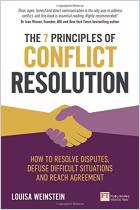
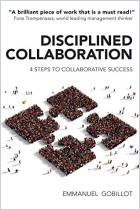
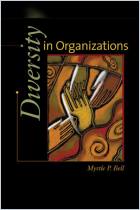

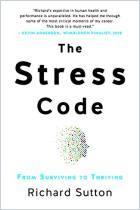
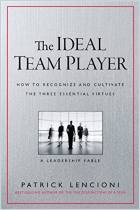


Comment on this summary or Начать обсуждение